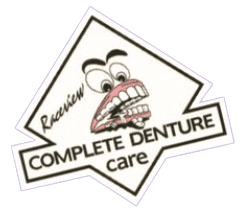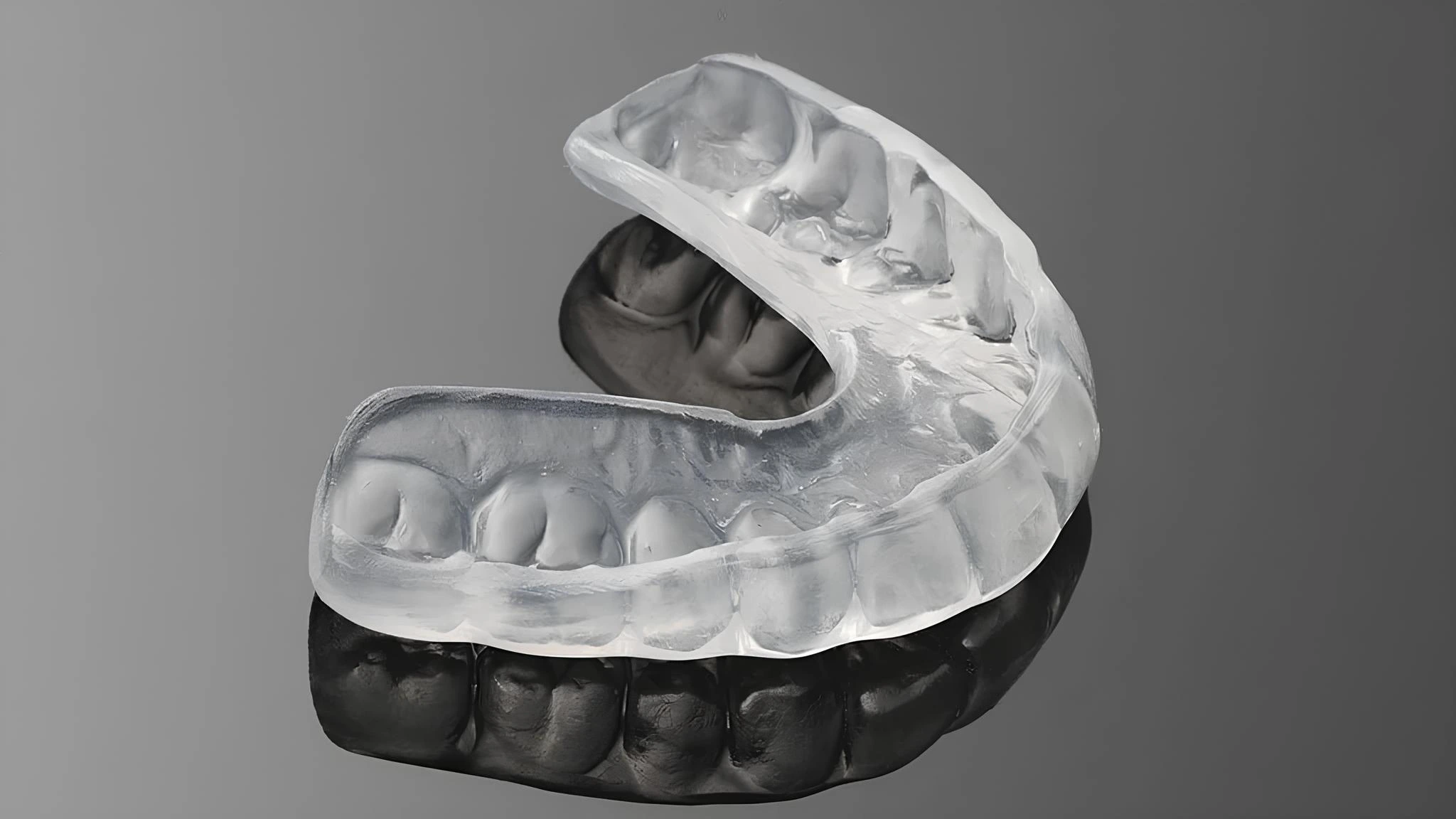Teeth grinding, also known as bruxism, is more common than many realise, and it often goes unnoticed until the symptoms become difficult to ignore. Waking up with a sore jaw, headaches, or worn-down teeth can all point to this condition. For many people, a night mouth guard for grinding teeth is one of the most effective ways to protect their smile while managing the strain caused by bruxism.
The impact of untreated grinding extends beyond just your teeth. It can lead to jaw pain, disturbed sleep, and even long-term damage to the enamel that protects your teeth. Understanding the causes and recognising the early signs of bruxism are important steps toward protecting your oral health and overall well-being.
For residents in Ipswich, a practical and effective solution is using a night mouth guard for grinding teeth. A professionally fitted guard provides targeted protection, reduces jaw strain, and preserves tooth enamel. By exploring customised options, you can safeguard your teeth while ensuring comfort and long-term effectiveness.
Causes and Symptoms of Bruxism
Causes and Triggers: Bruxism has multiple triggers. Common causes include stress and anxiety. Lifestyle factors like caffeine, alcohol, and tobacco use can worsen grinding, as can certain medications (e.g., some antidepressants) and recreational drugs. In addition, sleep-related issues such as snoring or untreated obstructive sleep apnoea are linked to nighttime bruxism. Genetics and jaw alignment may also play a role in some cases.
Symptoms: Grinding often goes unnoticed by the person doing it, but several signs indicate bruxism. Common symptoms include:
- Dental wear and damage: Cracked, chipped, or loose teeth, worn enamel, and broken fillings are telltale signs.
- Jaw and facial pain: Dull or sharp pain in the jaw muscles, often worse in the morning, is typical. You may also feel earaches or temple pain due to jaw strain.
- Headaches and toothaches: Frequent headaches and unexplained tooth sensitivity/toothache can result from grinding.
- Other signs: You might find indentations on your tongue or cheek, increased tooth sensitivity, or sore jaw joints after sleeping. In severe cases, ongoing bruxism can even contribute to temporomandibular joint (TMJ) pain.
Why a Night Guard Helps
A night guard for teeth grinding (also called an occlusal splint or bite splint) provides a physical barrier between the upper and lower teeth. This has several benefits:
Protects your teeth: The guard takes the brunt of the grinding. In other words, any abrasive forces from clenching are absorbed by the plastic guard, preserving enamel and fillings.
Relieves jaw strain: By preventing full tooth contact, a night guard reduces the force of jaw clenching. This can ease pressure on the TMJ and facial muscles, often reducing morning jaw stiffness or pain.
Reduces pain and headaches: Many patients report that a custom night guard helps alleviate grinding-related headaches and ear pain by protecting teeth and dampening muscle tension.
Limits noise: A well-fitting guard can muffle the sound of grinding, so you and your partner can sleep more peacefully.
Types of Night Guards
Dental mouth guards come in several types. Each option varies in fit, comfort, durability, and cost. In general:
Stock (Ready-made) Guards: These are pre-formed, one-size-fits-all guards. They are the cheapest option, but often bulky and uncomfortable. Stock guards are made of a rigid material and cannot be altered, so they provide only minimal protection.
Boil-and-Bite Guards: Sold over-the-counter in many pharmacies, these guards are softened in hot water and then bitten into to shape them to your teeth. They fit better than stock guards and are moderately priced. However, they still may not fit perfectly, and they tend to wear out faster.
Custom-fitted Guards: Made by a dentist or dental technician, these night guards are crafted from an impression or digital scan of your teeth. Custom guards offer the best fit and comfort and are highly durable. They do cost more and require a dentist visit and lab time, but they provide optimal protection by precisely matching your bite.
Custom Night Mouth Guard in Ipswich: What to Expect
If your dentist in Ipswich recommends a night guard, a custom night mouth guard will likely be the best solution. Here’s what the process typically involves:
- Dental Examination: Your dentist will first examine your mouth to confirm signs of bruxism and discuss symptoms. They will review your medical history to identify possible bruxism factors.
- Impression or Scan: The dentist takes an impression (mold) of your upper and sometimes lower teeth. This is often done with a dental putty or through a quick digital scan. The impression captures the exact alignment of your teeth.
- Laboratory Fabrication: The impression is sent to a dental lab. Using it, a technician fabricates the night guard, usually from sturdy acrylic or a similar biocompatible plastic. The lab customizes the shape, thickness, and fit based on the dentist’s instructions.
- Fitting Appointment: When the guard is ready, you return to the dentist. They check the fit, trim any rough edges, and make adjustments so the guard rests comfortably and does not affect your bite. They will ensure the guard is easy to put in and take out.
- Instructions and Follow-up: The dentist will show you how to wear and remove the night guard correctly. You’ll learn how it should feel and how to position it for maximum protection. The dentist may schedule a follow-up to confirm comfort and fit after a few nights of use.
How to Prevent Teeth Grinding
While a night guard protects your teeth, preventing or reducing the habit of grinding is also important. There is no particular method to prevent bruxism entirely, but you can adopt strategies that minimise triggers or lessen its effects:
Stress Management: Since stress and anxiety are top triggers for bruxism, adopting relaxation techniques can help. Practices like mindfulness, meditation, or gentle evening yoga may calm the jaw muscles. Even breathing exercises before bed can ease tension.
Limit Stimulants: Cutting out late-night caffeine and alcohol can make a difference. Both caffeine and alcohol can increase muscle activity during sleep. Alcohol and caffeine are among the common risk factors. Try enjoying a warm drink instead of that late espresso.
Good Sleep Habits: Aim for consistent sleep hours and a relaxing bedtime routine. Poor sleep quality can worsen bruxism. Keep your bedroom dark and cool, and avoid screens at least an hour before bed.
Avoid Chewing Non-Food Items: It sounds small, but habits like biting your nails or chewing pens can train your jaw muscles to clench. If you catch yourself doing this, try a stress ball or fidget toy instead.
By combining lifestyle changes with professional care, many people experience reduced grinding. If grinding persists, using a night guard continues to be essential to prevent dental damage.
Maintenance and Replacement of Guards
Caring for your night guard properly ensures it works effectively and lasts as long as possible. Here are some maintenance tips:
Daily Cleaning: After each use, remove the guard and rinse it under cool water. Use a soft-bristled toothbrush and non-abrasive toothpaste or mild soap to gently clean all surfaces, removing saliva and plaque. Rinse thoroughly. Do not use hot water.
Deep Cleaning: Once a week, soak your guard in a denture-cleaning solution or a mild antiseptic mouthwash to kill bacteria. Rinse and dry it completely afterwards.
Dry Storage: Let the guard air-dry completely before putting it in its case. Store it in a ventilated case away from heat or direct sunlight. Keeping it dry prevents odor and mold.
Regular Inspections: Check the guard for wear and damage. Small scratches or thinning areas can often be smoothed by the dentist, but deep cracks or holes mean it’s time for a replacement. Also, if your bite or dental work has changed, a new guard may be needed for a proper fit.
Managing Teeth Grinding with a Night Guard
Bruxism can silently affect your oral health over time, often without obvious early warning signs. Persistent teeth grinding may lead to enamel erosion, cracked fillings, and increased tooth sensitivity, while also causing tension in the jaw and facial muscles. Taking action early with protective measures, such as a night guard, helps preserve your teeth and prevents long-term dental complications.
For residents in Ipswich, professional guidance is essential to ensure the right solution. Custom night guards offer the best fit, comfort, and long-term protection compared with off-the-shelf options. Coupled with preventive strategies, including stress management and healthy sleep habits, a night guard can help maintain both your smile and your overall quality of life.
If you’re ready to protect your teeth and improve sleep quality, Raceview Complete Denture Care offers professional custom night mouth guards tailored to your needs. Book a free consultation today and take the first step toward a healthier, pain-free smile.
FAQs:
-
Can a night guard completely stop teeth grinding?
A night guard does not cure bruxism, but it protects your teeth and jaw from damage. It absorbs the pressure and reduces enamel wear while you sleep. Combined with stress management, good sleep habits, and dental guidance, it helps minimise the effects of grinding.
-
How long should I wear a night guard each night?
For optimal protection, wear your night guard every night while sleeping. Consistent use prevents tooth wear and relieves jaw tension. Skipping nights can allow damage to continue, reducing the effectiveness of the guard.
-
Can children or teenagers use night guards?
Yes, children and teens who grind their teeth can benefit from specially sized guards. A dentist can recommend the appropriate type and fit, ensuring comfort and effective protection for developing teeth.


